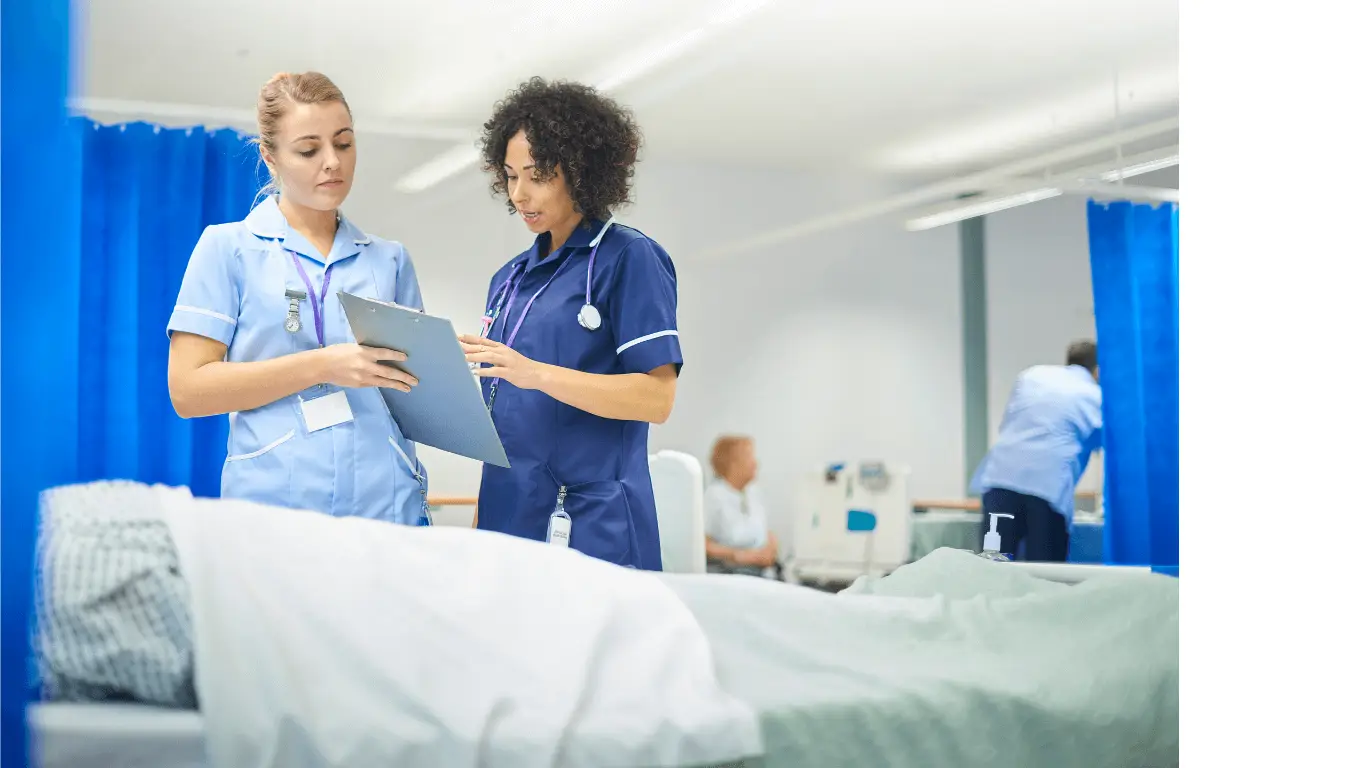SKILLS: Consistently working to the
standards of GSP you will: | You will KNOW, understand and apply
in your scientific, technical and clinical practice |
|---|
Professional Practice | Person-centred care - never discriminate against patients, carers or colleagues
- maintain the highest standards of person centred care, treating every person with compassion, dignity and respect
- promote mental health and well being
| - the requirements of the NHS Constitution/GSP for
‘person centred care and support’ - equality and diversity legislation, policies and local
ways of working - the importance of probity and the need to be honest
in your professional practice - why it is important to get people actively involved
in making choices about their care - how to involve patients and the public in HCS
- how to promote mental health and well being
|
Communication and Working with Others - communicate basic information effectively verbally and in writing to patients, carers and colleagues
- work effectively as part of the HCS team and the MPT
| - how to explain technical terms in language a patient or carer or colleague can understand
- how to address barriers to communication and the importance of working well within the multi- professional team (MPT) and the contribution of HCS to it
- where to go for help and support about anything related to your work
|
Personal and Professional Development | - reflect on your practice; and keep your knowledge and skills up-to-date
- work within the limits of your personal competence
- respond constructively to the outcome of appraisal, feedback and performance review
| - reflective behaviours and the benefits of self-reflection in helping maintain and support the quality of patient care
- the role of appraisal and performance review
- how to prepare for and develop an action plan as part of performance review
|
Health, Safety and Security | - work safely in the HCS work place following safety, and risk management guidelines, taking appropriate action in response to incidents or emergencies
- move/position individuals, equipment etc. safely
- apply a range of techniques for infection prevention and control
| - legislation/policies relating to health and safety at work and your responsibilities
- the meaning and implications of ‘risk’ and ‘risk assessment’
- what to do in situations that could cause harm to yourself/others, e.g. critical incidents
- the principles of safe lifting and handling of people, equipment etc.
- how to handle hazardous materials and substances
|
Quality | - follow quality procedures to meet the requirements of quality standards relevant to your HCS practice
- participate in technical audit as appropriate
| - the role of quality management/improvement and the regulatory environment to maintain and improve HCS services and the quality standards relevant to your role
- the audit cycle and how audit contributes to the maintenance/improvement of services
|
Technical Scientific Services | - provide general non-technical/technical advice, information, guidance to users of HCS services
- follow specified HCS protocols and standard operating procedures (SOPs)
| - the scope/range of services within HCS used to investigate/diagnose/treat disease
- the evidence base that underpins your technical practice
- current UK Resuscitation Council guidelines as well as all mandatory training
- how to establish/maintain a safe and effective practice environment based on SOPs
|
Clinical Care | - take responsibility for the care you provide, including safeguarding, if involved in patient care
- obtain verbal consent in line with protocols when you are directly involved in the delivery of a procedure, including explaining the nature and purpose of the procedure
- protect patient/carers confidentiality when required
| - the meaning and importance of ‘duty of care’ and safeguarding
- the support available in difficult situations or when a complaint is made
- the rights of patients with regard to giving informed consent for treatment when required
- confidentiality of consultation/medical records and the limits of the concept of confidentiality, e.g. where self harm or harm to others may be involved
- key factors influencing dignity/rights/privacy/confidentiality of patients/colleagues, e.g. age/gender/beliefs
|
Audit/Service Improvement | - offer suggestions for improving services, providing reasons for these
| - the importance of delivering high quality service outcomes and continuous improvements to benefit patients, staff and health services, especially through audit
|
Research and Innovation | - contribute to research and innovation within the boundaries of your clinical and scientific practice as required
| - the regulatory framework within which research and innovation is conducted, including research ethics and the implications for your role
- how you can contribute to research and innovation
|
Leadership | - help create the conditions that assist your team in providing a supportive environment for colleagues
| - the healthcare NHS Leadership Model and its relevance to you(3)
- why it is important to be aware of your strengths, limitations and behaviours and how that affects your colleagues and any team within which you work.
|
